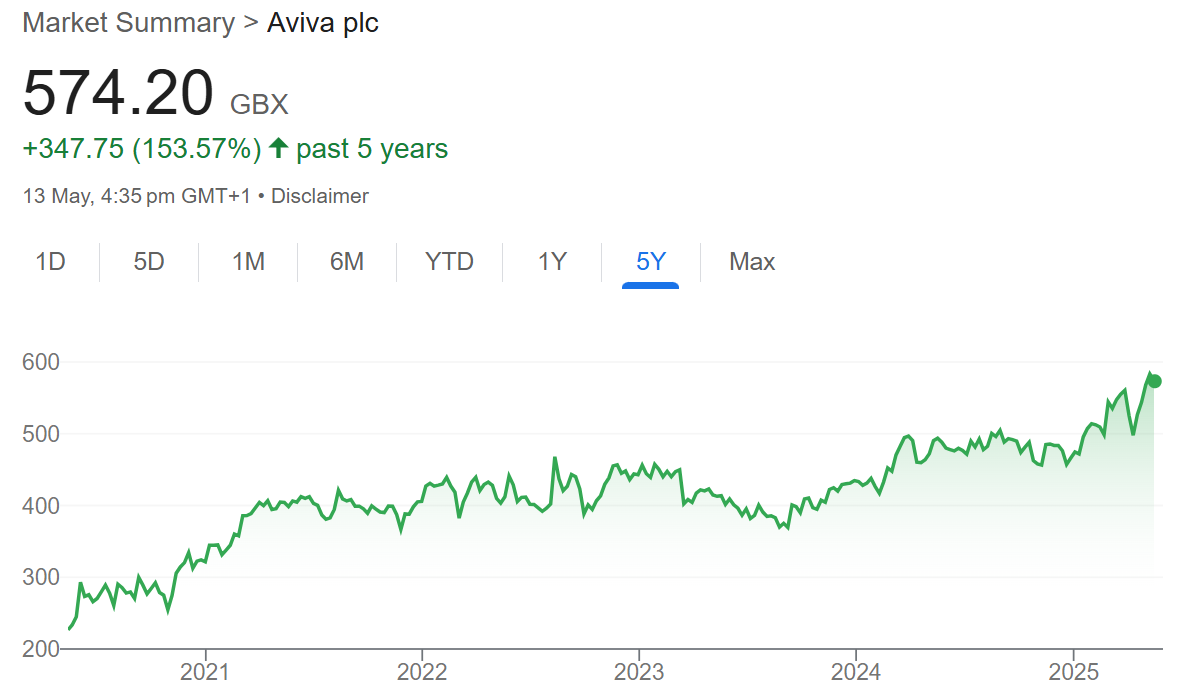‘Is there a situation you have completely regretted?’
It was my first year at high school. Our English teacher was a young woman that some of the boys had a crush on. She was discussing a situation in a novel we were studying. I don’t remember the book exactly. But I do remember asking her that same question.
She hesitated, wondering whether to tell us the story or not.
Then she took us to the back blocks of Taranaki, where she’d grown up on a farm. She and a friend were riding their horses. They decided to chase some sheep across the paddock. One became separated, and they continued their pursuit of the lone animal.

Source: Image by Nicola Giordano from Pixabay
Confronted alone by the two girls on horses, the sheep had a heart attack and died. Rather sad, as the protection of his flock was just around the corner.
A regrettable situation, yes. But something I keep in mind to this day.
Most people don’t like to be separated from the pack. They don’t like to go against the grain. When challenged, they would rather roll over than find another path.
The reality is that on farms, it often comes down to survival of the fittest.
Markets operate the same way.
When markets fall precipitously, it gets too much for many, and they bail out at precisely the wrong time.
When markets rise hungrily, many join the security of the pack and buy any shiny thing that looks promising.
Actually, those who seem to do best will spot untravelled areas. Lonely paths that may look treacherous.
Wholesale investor clients
With our wholesale managed accounts, we work with a fortunate group of people that have money to invest.
Often those with significant funds have taken a different path in their lives.
New Zealand is a country with high taxes and low wages. Very few people build meaningful wealth from salaries alone.
We see some inheritances and transition from a booming property market of better days. But for the most part, the largest pools of wealth come from businesses.
Someone decides they want to work for themselves. They want to build something.
They have also been fortunate to spot an opportunity. A profitable niche.
Years later, that business might be sold for a large sum, and they are now in a position to build a portfolio.
Fund managers
The problem with many fund managers is that they are not, by nature, entrepreneurs.
They are not particularly adept at spotting opportunities, profitable niches, and mispriced assets. They like to operate solely in the safety of flocks.
Because markets are so often picked bare (the NZX these days) the best investments are often those that others have overlooked.
Since there’s no flock of buying activity, these assets can be temporarily mispriced. If they also present quality, they can provide great returns for those who have done their homework. For those with conviction and ability to price risk.
Mispriced assets
Over the past few years, there have been some good examples:

Bridge of Gold and Silver, Florence. Source: Image by BÙI VĂN HỒNG PHÚC from Pixabay
Italy
Investors had shunned Italian markets for a while. The country had high debt, an ageing population, governments that change like underwear, and near-term memories of a starring role in the sovereign-debt crisis.
Actually, around 60 million well-off citizens, a thriving export economy, and the steady hand of Giorgia Meloni were overlooked for too long.
We invested in a large bank. A power generator. And a shopping-mall REIT (real estate investment trust). At one point, the mall assets were available at 30c in the euro. That position is now up over 60% this past year, excluding the reinstated dividend.
Insurance
Insurance companies are boring businesses. They’re not Google or Tesla. While they might pay good dividends, they tend to grow slowly. Worse, they’re very prone to drawdown from disasters and economic shocks.
Well, after Covid, we started noticing how cheap many of these stocks had become. Then, following that disaster, we also noticed how they began hiking their insurance premiums.
Yes, they had sensed a riskier world and quietly went about re-pricing that.
But the world moves on from pandemics and other woes.
Funnily enough, the insurance companies did not drop their premiums. They now had more revenue for risks that were much as they were before.
Here in New Zealand, Tower Insurance [NZX:TWR] finally started to lift off. It has posted share-price growth of over 85% this past year, and it has reinstated its dividend.
A welcome story for our accounts was some great long-run performance from British stalwart Aviva [LSE:AV.]:

Source: Google Finance
Yes, that’s an average annualised return of about 30% a year. Then we add average dividends of roughly 6% a year.
Who would have thought you could get compounding return of ~36% p.a. from one of the largest insurance companies around?
Indebted real estate
This is still in play. In Australasia, Europe, and increasingly the US, there are patches of listed real estate sitting at a discount.
It’s becoming a more popular trade. Arguably the time to enter was months ago.
But it’s also a simple equation going against the crowd.
Conventional wisdom is that with high interest rates, economic uncertainty, and recessionary risk, real estate is going to have a hard time.
Further, some areas such as shopping malls and offices are losing ground to e-commerce and working from home. More recently, warehouses are going to suffer because tariffs will slow trade.
If you drill down to certain numbers, the opposite might be true.
Of course, these sorts of opportunities mean you might get separated from the regular investor flock. Unlike sheep, you have to be resilient to survive your own path, even when the pressure comes on.
And that’s key. Find some quality on the path less travelled for meaningful return.
Buy quality with conviction for no regrets.
Regards,
Simon Angelo
Editor, Wealth Morning
(This article is the author’s personal opinion and commentary only. It is general in nature and should not be construed as any financial or investment advice. Please contact a licensed Financial Advice Provider to discuss your personal situation. Wealth Morning offers Managed Account Services for Wholesale or Eligible investors as defined in the Financial Markets Conduct Act 2013.)





Simon is the Chief Executive Officer and Publisher at Wealth Morning. He has been investing in the markets since he was 17. He recently spent a couple of years working in the hedge-fund industry in Europe. Before this, he owned an award-winning professional-services business and online-learning company in Auckland for 20 years. He has completed the Certificate in Discretionary Investment Management from the Personal Finance Society (UK), has written a bestselling book, and manages global share portfolios.